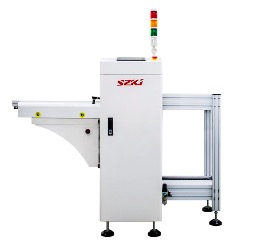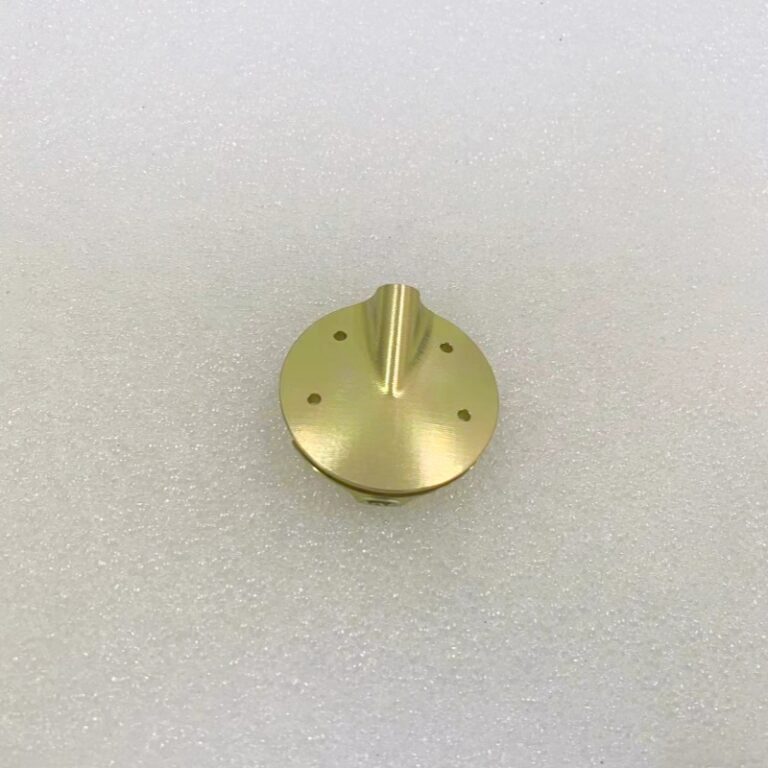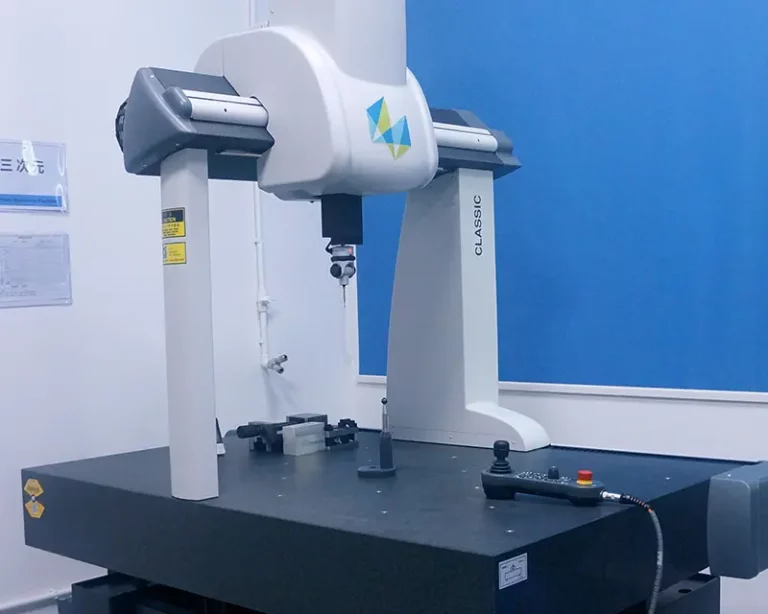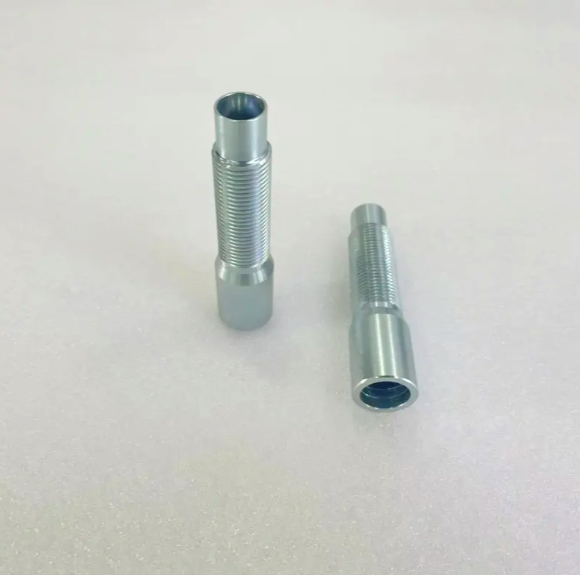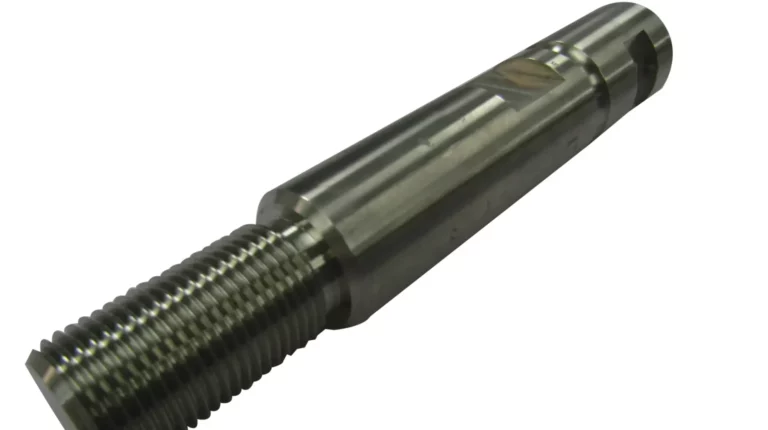Labeling and packaging items is usually the final step in production. This step is usually crucial for user information and marketing. An industrial labeling machine is a piece of equipment designed to apply labels on products, containers, or even packages. Let’s dive deeper into the world of industrial labeling machines.
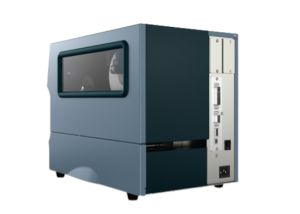
Automatic and Semi-Automatic
Automatic industrial labeling machines are usually preferred by large companies because they can easily be used in continuous production lines, they also have sensors that ensure each label is placed fast but evenly and consistently across all products. Automatic industrial labeling machines are fast and save time as compared to semi-automatics. They also require little to no running costs because most of the process is automated and very few workers are needed to operate the machine.
Semi-automatic industrial labeling machines require a bit of manual operation. The process of labeling is still automated but an operator is needed to position the product or initiate the labeling process. These machines are usually the go-to for small and medium-sized businesses. One of the main advantages that they offer is control. A business that uses semi-automatic industrial machines usually has greater control over the labeling process.
Machines for different shapes and surfaces
Industrial labeling machines are usually designed to handle different shapes and sizes, from round or cylindrical to flat and even irregular objects. Some machines are usually for a particular shape or size while others are much more versatile.
Food and Beverage
Labeling in the food and beverage industry is very critical as the labels contain very important information such as expiration dates and nutritional information.
Pharmaceuticals
The pharmaceutical industry is usually very delicate and requires precise labeling to ensure that important information such as dosage instructions, batch numbers, and even expiration dates are visible and accurate.
Electronics
When it comes to electronics, precise labeling is important because of product identification and component tracking. Labeling machines used in the electronics industry need to be able to handle a wide range of product sizes and materials.
Logistics
Here, industrial labeling machines can be used to apply labels that contain barcodes or even QR codes. These machines make sure that the products can easily be scanned throughout the supply chain.
The introduction of automation into industrial labeling machines has brought about some major and significant changes in the labeling industry. The reduction in manual labor and human error is one of the main advantages that industrial labeling machines offer. This alone significantly cuts down on production costs. Automation also improves consistency and accuracy. Industrial Labeling Machines offer significant advantages when it comes to speed precision, scalability, and cost-effectiveness.0

Types of Industrial Labeling Machines
There are different types of industrial labeling machines. Let's look at some of them.Automatic and Semi-Automatic
Automatic industrial labeling machines are usually preferred by large companies because they can easily be used in continuous production lines, they also have sensors that ensure each label is placed fast but evenly and consistently across all products. Automatic industrial labeling machines are fast and save time as compared to semi-automatics. They also require little to no running costs because most of the process is automated and very few workers are needed to operate the machine.
Semi-automatic industrial labeling machines require a bit of manual operation. The process of labeling is still automated but an operator is needed to position the product or initiate the labeling process. These machines are usually the go-to for small and medium-sized businesses. One of the main advantages that they offer is control. A business that uses semi-automatic industrial machines usually has greater control over the labeling process.
Machines for different shapes and surfaces
Industrial labeling machines are usually designed to handle different shapes and sizes, from round or cylindrical to flat and even irregular objects. Some machines are usually for a particular shape or size while others are much more versatile.
Application Scenarios of Industrial Labeling Machines
Industrial labeling machines have a wide array of applications. Virtually, all product industries need to provide labels on their products, thus the widespread application. Nonetheless, the application varies depending on the industry as different industries have specific labeling requirements. The following are application scenario examples.Food and Beverage
Labeling in the food and beverage industry is very critical as the labels contain very important information such as expiration dates and nutritional information.
Pharmaceuticals
The pharmaceutical industry is usually very delicate and requires precise labeling to ensure that important information such as dosage instructions, batch numbers, and even expiration dates are visible and accurate.
Electronics
When it comes to electronics, precise labeling is important because of product identification and component tracking. Labeling machines used in the electronics industry need to be able to handle a wide range of product sizes and materials.
Logistics
Here, industrial labeling machines can be used to apply labels that contain barcodes or even QR codes. These machines make sure that the products can easily be scanned throughout the supply chain.
The introduction of automation into industrial labeling machines has brought about some major and significant changes in the labeling industry. The reduction in manual labor and human error is one of the main advantages that industrial labeling machines offer. This alone significantly cuts down on production costs. Automation also improves consistency and accuracy. Industrial Labeling Machines offer significant advantages when it comes to speed precision, scalability, and cost-effectiveness.0

